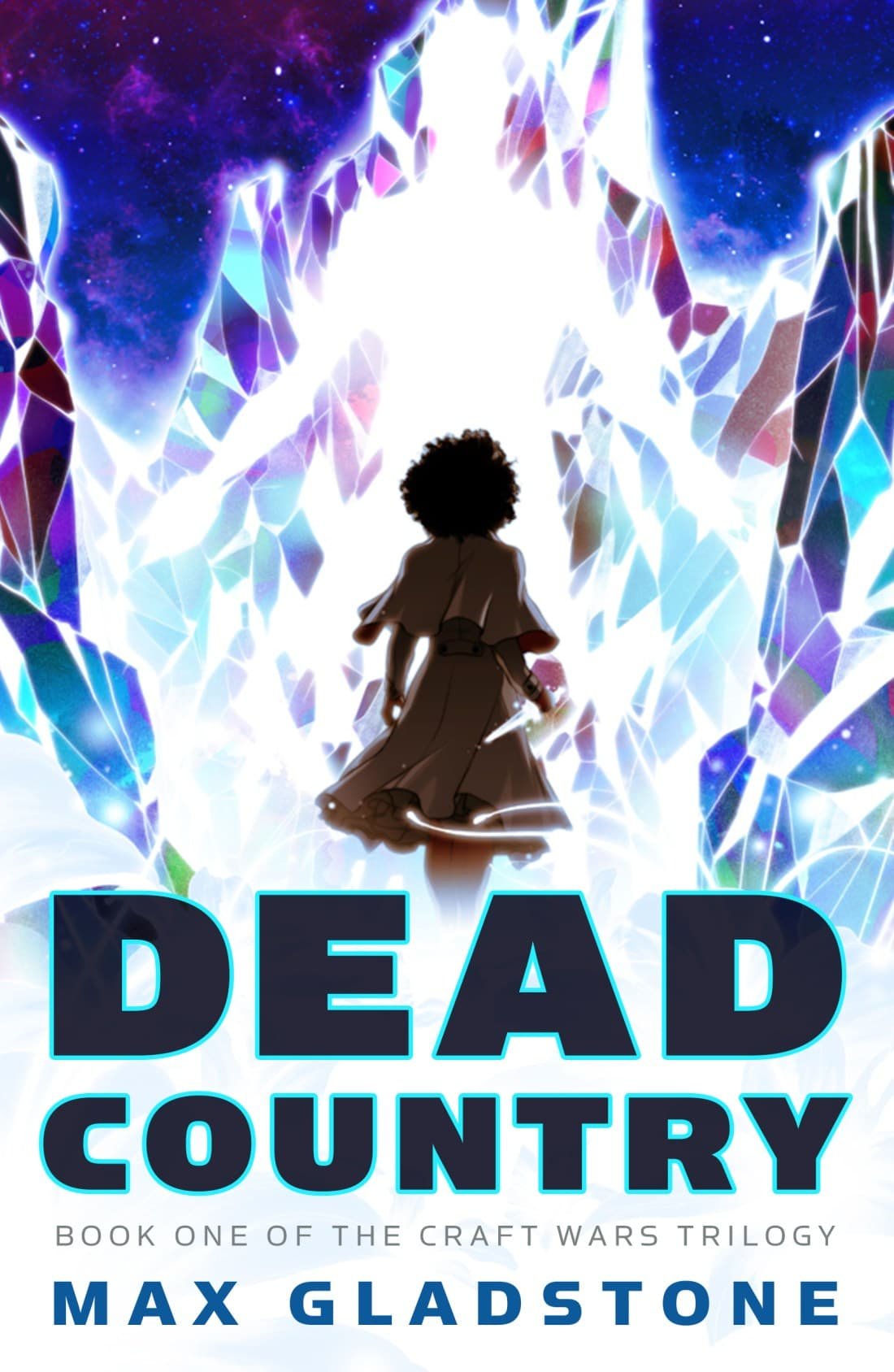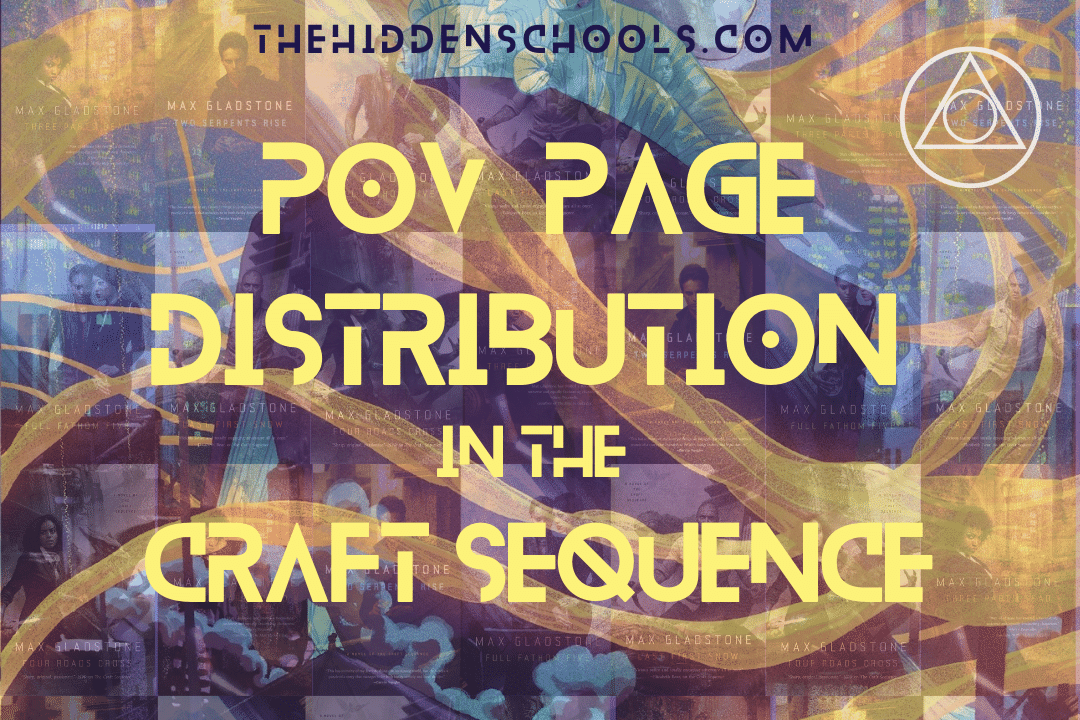Dead Country
“She had left an eager angry witch-girl, drunk on sweet hope and intimations of power that would have soured if she stayed. She had returned a sorceress and a shell, betrayed by her teachers and by the world of Craft she’d hoped to master. They used her and cast her out, but she refused to die.”

Seventh book both chronologically and in publication order, and the first of the capstone quartet ‘Craft Wars’.
Featuring homecoming, necromancy, monstrosities both undead and other, deep emotions and grief about family, a reality storm in a warped God Wars landscape, goats, curses, and the prospective end of the world. And it’s basically a character study of Tara Abernathy, so you know it’s GOT to be good.
Both a continuation of the existing arc and the start of a new one, Dead Country is a perfect introduction or re-introduction to the series. It tightly follows one character and POV so while newbies may get a bit confused by some of the references, it is designed to be an entry point for new readers.
Hidden Schools articles about Dead Country
Summary of Dead Country
Since her village chased her out with pitchforks, Tara Abernathy has resurrected gods, pulled down monsters, averted wars, and saved a city, twice. She thought she’d left her dusty little hometown forever. But that was before her father died.
As she makes her way home to bury him, she finds a girl, as powerful and vulnerable and lost as she once was. Saving her from the raiders that haunt the area, twisted by a remnant of the God Wars, Tara changes the course of the world.
Max Gladstone’s world of the Craft is a fantasy setting like no other. When Craftspeople rose up to kill the gods, they built corporate Concerns from their corpses and ushered in a world of rapacious capital. Those who work the Craft wield laws like knives and weave chains from starlight and soulstuff. Dead Country is the first book in the Craft Wars series, a tight sequence of novels that will bring the sprawling saga of the Craft to its end, and the perfect entry point for this incomparable world.

















Craftsfolk are necromancer-lawyers, and as such a significant part of how they perform magic is via a strong argument, and asserting their truth onto reality. This essay looks at the magical components of a Craft argument.